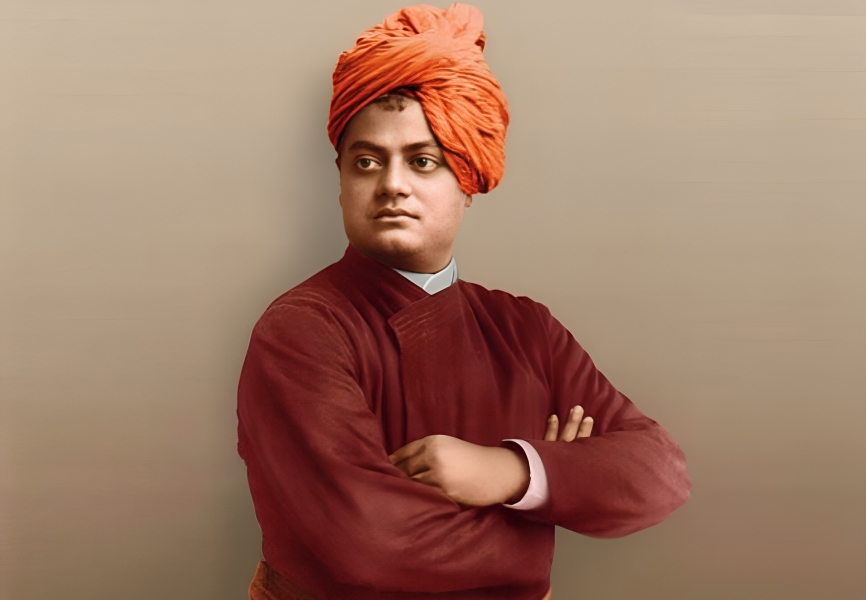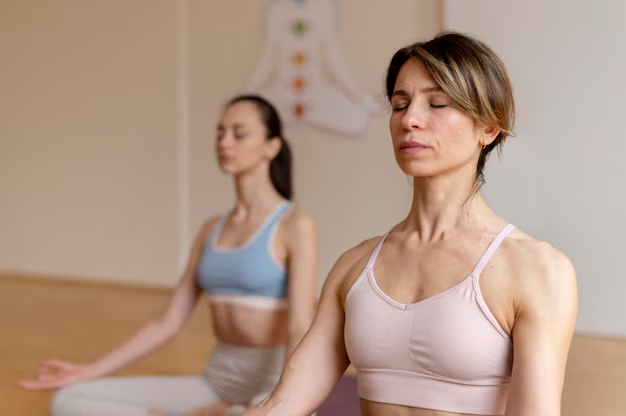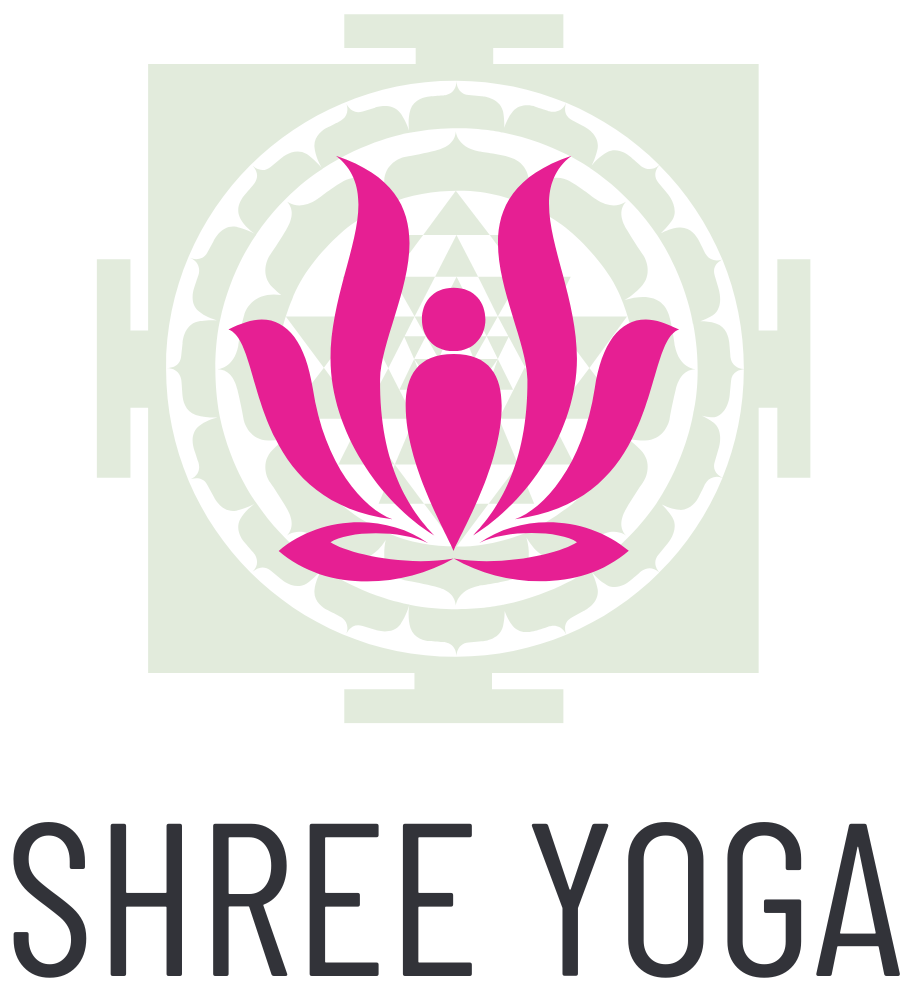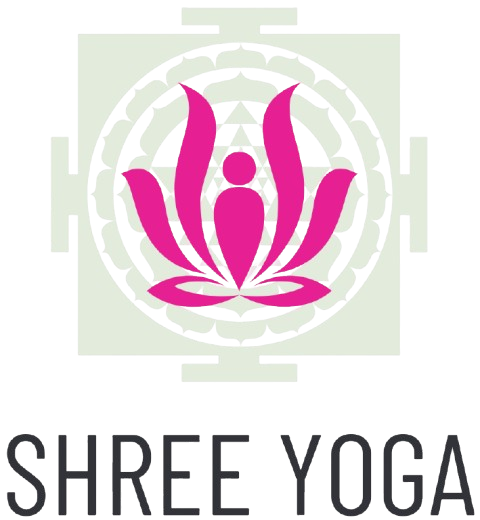Understanding Mental Health
World Health Organisation defines Mental Health as:
“… a state of well-being in which the individual realizes his or her own abilities, can cope with the normal stresses of life, can work productively and fruitfully, and is able to make a contribution to his or her community.”
Psychological Counselling + Yoga
1. What is Psychological Counselling?
Psychological counselling, in essence, is a guided conversation with a trained professional to help you understand and manage your thoughts, feelings, and behaviors. It provides a safe, confidential space to explore personal challenges, learn coping strategies, and work towards improving your overall well-being. Think of it as a collaborative journey where the counselor helps you navigate difficulties and unlock your own solutions.
It provides therapy for:
- Anxiety, stress, depression, exam and work anxiety, mood swings
- Career and marriage issues, occupational issues
- Relationship problems, child care and effective parenting
- Sleep problems, sexual problems associated with psychological conditions
- Insight development, counseling of autistic and dyslexic children and their caregivers
2. How Does Psychological Counselling with Yoga Work?
Yoga and psychological counselling are highly complementary and, when combined, offer a holistic and powerful approach to mental well-being. It’s like building a strong and long-lasting foundation for a structure. Yoga’s focus on physical postures, breathwork, and meditation helps regulate emotions and reduce stress by calming the nervous system. Meanwhile, counselling provides a secure environment to explore feelings, process experiences, and develop coping skills.
Though yoga cannot be used as a sole therapy for complicated mental health issues, it can serve as an adjunctive therapy. Yoga is particularly helpful for those who show early signs of mental health challenges or are prone to develop them.
Addressing the Mind-Body Connection
- Yoga’s “Bottom-Up” Contribution: Through asanas, pranayama, yoganidra, and meditation, yoga tunes individuals into bodily sensations, releasing tension, and regulating the nervous system. This physiological regulation directly impacts stress and emotional responses.
- Counselling’s “Top-Down” Contribution: Talk therapy focuses on cognitive and emotional processing, helping individuals understand thought patterns, feelings, and behaviors, and develop coping strategies for mental shifts.
- Synergy: Yoga creates a stable physiological state, enhancing the effectiveness of cognitive and emotional work in counselling (e.g., calming the nervous system makes cognitive restructuring more accessible).
Enhancing Self-Awareness and Emotional Regulation
- Yoga’s Contribution: Cultivates mindfulness, encouraging non-judgmental observation of thoughts, emotions, and sensations, improving self-awareness and distress tolerance.
- Counselling’s Contribution: Provides a safe space to explore emotional origins, identify triggers, and develop healthier management strategies, often aligning with mindfulness principles found in therapies like DBT and ACT.
- Synergy: Yoga offers immediate tools for emotional regulation (breathwork, present-moment awareness), while counselling addresses underlying causes and develops long-term coping mechanisms.
Stress Reduction and Resilience Building
- Yoga’s Contribution: Significantly reduces stress by lowering cortisol, activating the parasympathetic nervous system, and releasing endorphins. It builds physical and mental resilience by teaching navigation of challenges.
- Counselling’s Contribution: Helps identify stress sources, develop problem-solving skills, and reframe negative thought patterns, equipping individuals to navigate difficult life circumstances and build psychological fortitude.
Swami Vivekananda on Psychology
“The yoga of Patanjali gives clear guidelines to achieve mastery over the unconscious mind through various techniques. As such, Yoga is the most ancient and efficacious method for cleansing the unconscious mind and having command over the body, senses, organs, and mind. According to Swamiji, this is the characteristic of true psychology.”

Our Signature Mental Wellness Offerings
Package 1 – Psychological Counselling + Yoga
- 1 Session Duration
- Counsellor: 60 min + Yoga Teacher: 60 min
- Price: ₹2,000 / session
Package 2 – Psychological Counselling + Meditation
- 1 Session Duration
- Counsellor: 60 min + Yoga Teacher: 60 min
- Price: ₹2,000 / session
Our Parteners
Our world-class teachers come from a multitude of educational backgrounds and experiences, and teach to a variety of individuals just like you!

Psychologist


